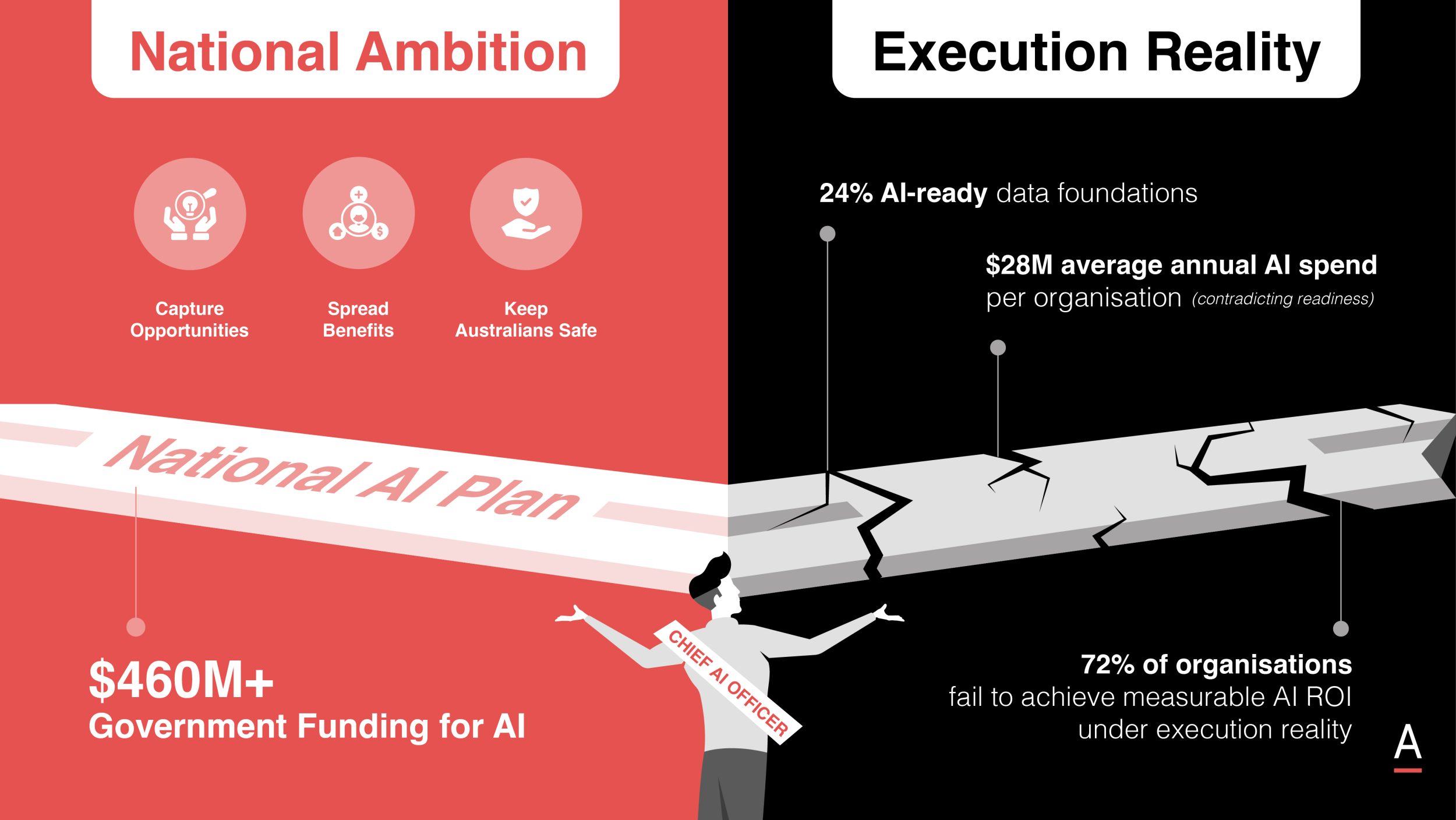Privacy at Risk: The Truth Behind AI’s Collection and Use of Personal Information
In this keynote presentation, Edward Santow - Director Policy & Governance at the Human Technology Institute, and Industry Professor - Responsible Technology at UTS, highlights specific cases in Australia, such as customer service, marketing, sales, and mining industries, and emphasises the need to navigate the complex legal landscape of emerging technologies.Artificial intelligence is changing the risk landscape.
Sociotechnical systems are important for ensuring high-quality decisions at scale by combining human intelligence with machine abilities.
Regulation is undergoing profound changes due to the evolving risk landscape. There are many organisations that unknowingly rely on AI tools and outsourced functions, which understates the actual use of AI.
In this keynote presentation, Edward Santow – Director Policy & Governance at the Human Technology Institute, and Industry Professor – Responsible Technology at UTS, highlights specific cases in Australia, such as customer service, marketing, sales, and mining industries, and emphasises the need to navigate the complex legal landscape of emerging technologies.
To be successful, effective, and compliant with human rights, Edward suggests focusing on fairness, accuracy, fitness for purpose, and accountability.
Key Takeaways:
- Financial risks arise from algorithmic bias, where certain groups, such as women, may be unfairly disadvantaged in financial services. Additionally, there is a reputational risk as consumers express their willingness to shop elsewhere if their personal information is used unfairly. Currently, there is a growing recognition of the need for AI regulation, although the specific legal changes required are yet to be determined.
- There are three main risks associated with AI: legal, financial, and reputational. There is the specific risk of algorithmic bias, which has led to real-world cases of unfairness and even unlawful discrimination in areas such as home loan decisions and energy decision making.
- It is important to understand how AI systems operate and the design choices that can mitigate risks. The three most common use cases of AI that can lead to practical risks are providing advice or information to consumers, sorting or ranking data, and collecting and using personal information, which raises privacy concerns.





























